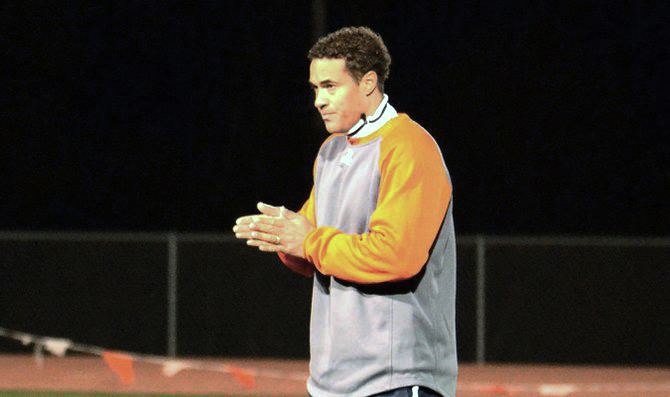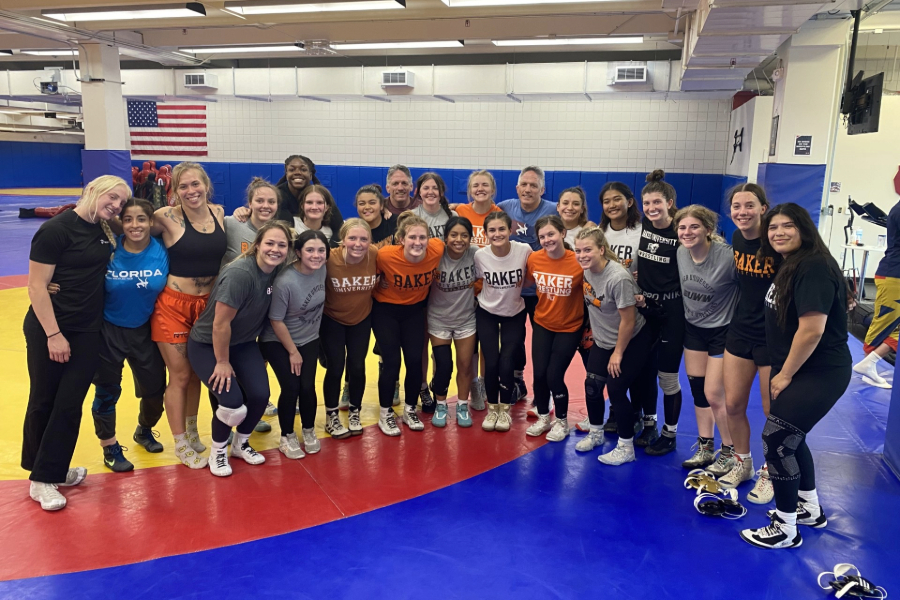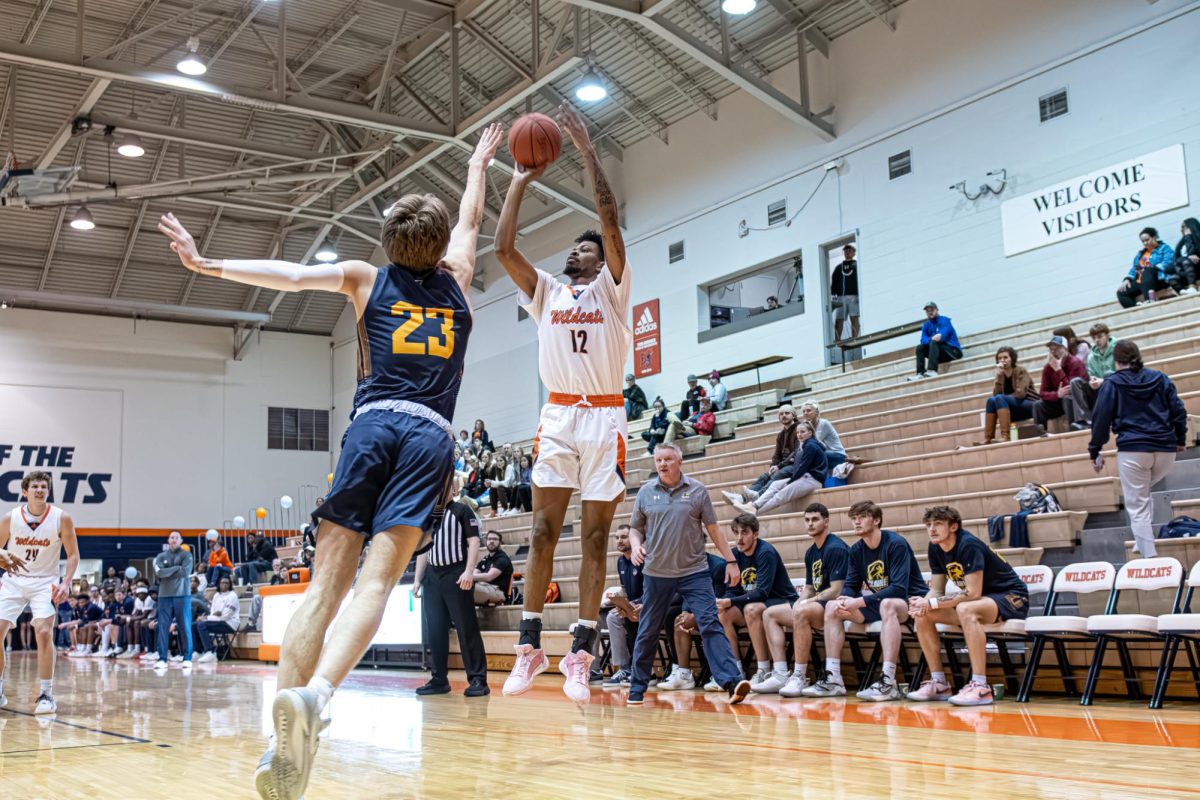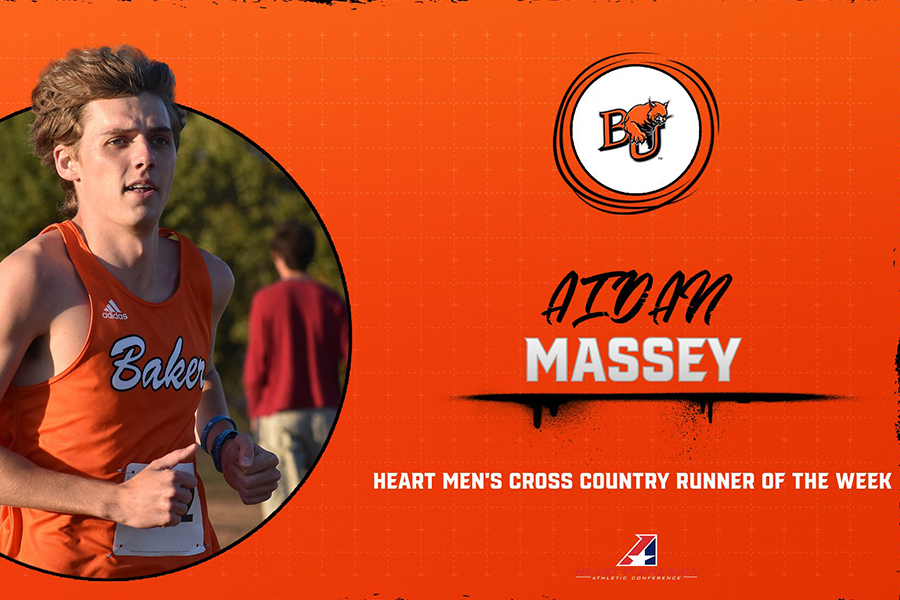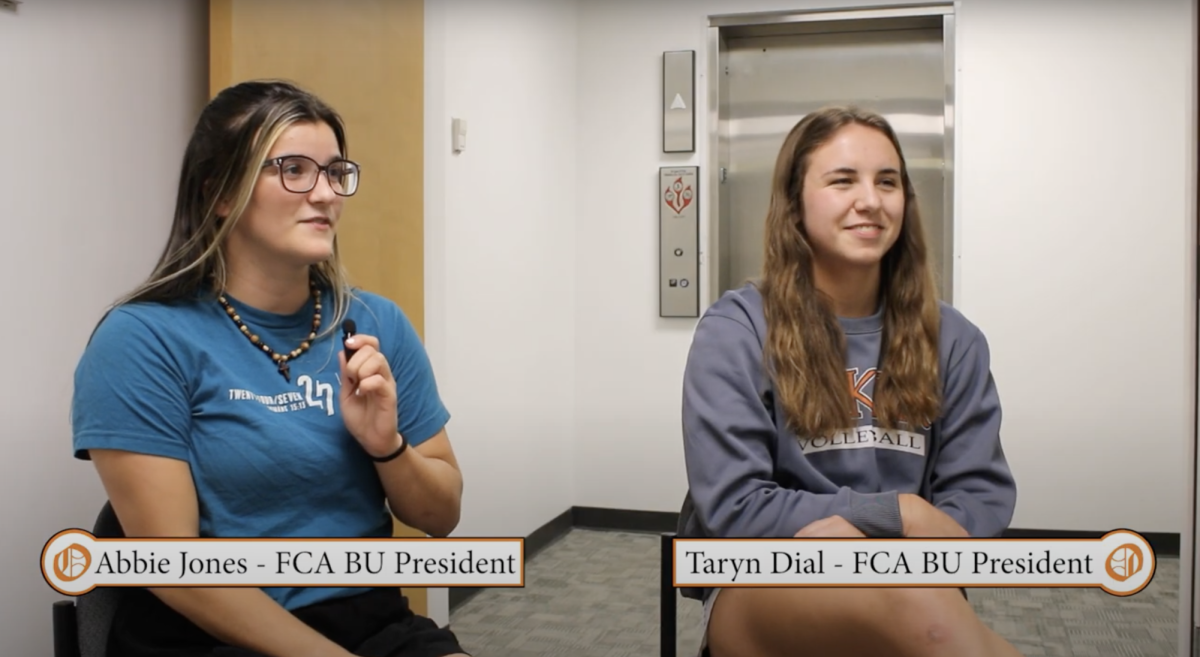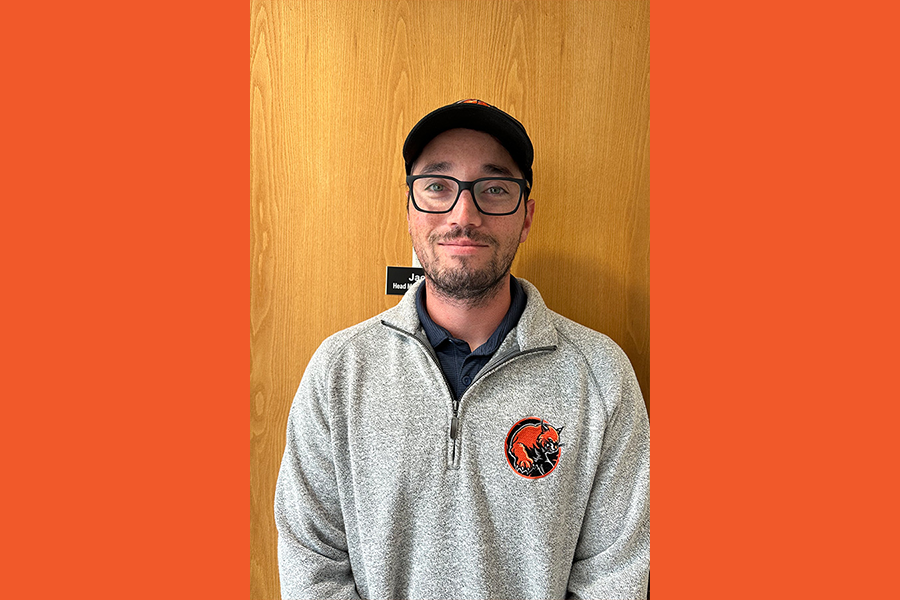Many freshmen have an adjustment period once they reach college, but few go on to have a career like Baker University’s head soccer coach Nate Houser.
A National Professional Soccer League championship as a player for the Kansas City Attack in 1997. A Baker University Athletic Hall of Fame inductee in 2007. Coach of the year in 2011, for both men’s and women’s soccer teams. Even a casual sports fan would find this partial list of accomplishments intriguing.
These are just some of the highlights of Houser’s career. While he may dismiss the idea that his story is a special one, the series of accomplishments certainly says otherwise.
However, each triumph comes with a journey and lessons learned along the way. It took Houser some time to develop into the man that he is today.
Even at the high school level, Houser’s home state of California offers some essence of Hollywood. Poway High, where Houser played soccer, was no exception.
Tony Gwynn Jr., son of the Hall of Fame baseball player for the San Diego Padres, spent his high school career at Poway High. Phil Plantier was another ball player for Poway who spent some time in the major leagues. Tom DeLonge, lead guitarist and vocalist for the punk band, Blink-182, is one of the more famous students from the school. With so many talented and standout students, it was easy to get lost in the crowd.
“You’re not focused on it, but you’re trying to keep up with that,” Houser said. “We’d go run and I was never last, but I was never first. Top eight. Not having a perspective of what else is going on all over the place, you just kind of think that’s who you are. I’m guy five or six.”
Because of the environment surrounding him, Houser fell into the role of a follower, a far cry from the position of leadership he holds today in his head coaching job. It wasn’t that Houser was a following type. He simply never felt his opinion was needed or valued. So, he followed.<br/>
It was not until he came to Baker University in 1990, that was he was asked to be more assertive. He was challenged as he had never been before, by both coaches and professors on Baker’s campus. To simply be a follower was not acceptable if you were a Wildcat.<br/>
“They really got after me to not settle and stop screwing around — to be better,” Houser said. “They said, ‘You need to understand the rest of your life is going to come.’”
The impressions Houser’s professors had of him as a freshman were mixed to say the least. Professor of Business and Economics Lee Green and head men and women’s golf coach Karen Exon were two of Houser’s main motivators during his time as a student.
“Nate was a skinny kid from California,” Exon said. “I could tell right away he was innately intelligent, but he certainly wasn’t living up to his potential.”
Houser coasted for a while, making decent grades and doing enough to remain eligible to continue to play soccer. But Exon demanded more of him.
“I remember at one point in time telling him … ‘You’ve got a couple of choices here: You can continue to go along and be the skinny, California, pretty-boy that does enough to skate by in the classroom so that you can play soccer,’” Exon said. “Or you can wake up and have a V-8.”
Green was another professor who recognized Houser’s intelligence and ability, but also thought he needed to be pushed.
“He was your kind of typical freshman,” Green said. “He came here from California, highly recruited soccer player, so he had some of the same learning-curve challenges as any freshman does.”
At 9:30 a.m. on a hot Thursday, early in the semester, Houser took his place with his teammates in the back of the narrow classroom for Green’s Business Law. Houser leaned his chair back, rested his head against the wall, and fell asleep by 9:35 a.m. At 10:45 a.m., once class had concluded and the students began to put their supplies away, Houser woke and moved to leave. However, Green had other plans for the young Californian.
“I always like at the beginning of the semester to kind of set the tone of expectations in classes,” Green said. “So I said, ‘OK, we’re done. Everybody can head out now. But I feel bad for Nate, because he’s been asleep for basically the entire class back there, and I don’t want him to miss out on this topic that we covered today. So Nate, how about if you stay behind … so just move up to the front row and I’ll repeat the whole lecture for you.’”
As there were no classes scheduled, a blushing Houser was forced to move to the front row and listen to the lecture once again. This time, Houser was attentive, took notes and even thanked Green for taking the time to go over the class subjects with him again. It ended up being a very positive experience for both Houser and Green.
“It actually ended up being a lot of fun,” Green said. “It’s a fond memory I have of Nate.”
Houser took the lessons he learned from his professors and used them on the field of play. The hard work paid off. He was drafted by the Wichita Wings in 1993 and then traded the next day to the Kansas City Attack. In 1996, he was part of the Kansas City team that won 18 games in a row, a franchise record. He played 11 seasons with the Attack, winning a championship in 1997. After never even making it to the final game in college, Houser found validation in a championship as a professional.
“It was freeing,” Houser said. “It was kind of like that last little bit of, yeah, your ideas work and you can compete with the best that there are and be in that pond and be successful.”
In 2003, as his playing career wound down, Houser got a call from Ron Pulvers, Baker’s head coach for men’s soccer at the time, offering him the women’s soccer head coaching position. Houser accepted.
“I was totally unprepared,” Houser said. “I jumped into managing a team full of women. I don’t know anything about managing women … I mean, I had somebody leave to go rescue a dog in Arkansas the day before a game.”
In 2008, Houser would expand his role to include men’s head soccer coach. He hired Davey Philips, now the associate head coach for Baker soccer, to be his assistant.
The first time the two met was in an alumni game, when Phillips was a freshman at Baker. The alumni game was typically a laid-back event in which former players tend to tone down their intensity. However, Phillips had other motivations in mind. He put two hard tackles on Houser during the game. The first simply resulted in some choice words between Houser and Phillips. The second tackle from Phillips came from the side, resulting in Houser landing on top of him. Houser proceeded to push Phillips’ head into the ground, as he helped himself to his feet.
“My first impression was top 10 jerks of all time,” Phillips said. “When I came back to coach in 2008, he brought that up and he didn’t know it was me.”
During his time with the program, Philips has seen Houser grow, as both a coach and a man.
“I think he realizes it’s more than just about soccer,” Phillips said. “I don’t think he’s changed the way he’s treated people, but he’s kind of let the guard down a little bit to let people in.”
Now a confident, successful coach, Houser wants to show his appreciation for the opportunities Baker gave him.
“Every day, it’s giving back. At least that’s the way I look at it,” Houser said. “I can never repay for what Baker gave me the opportunity to do. Or helped prepare me for the opportunities that I had for 13 years … That’s a debt I can never repay.”


